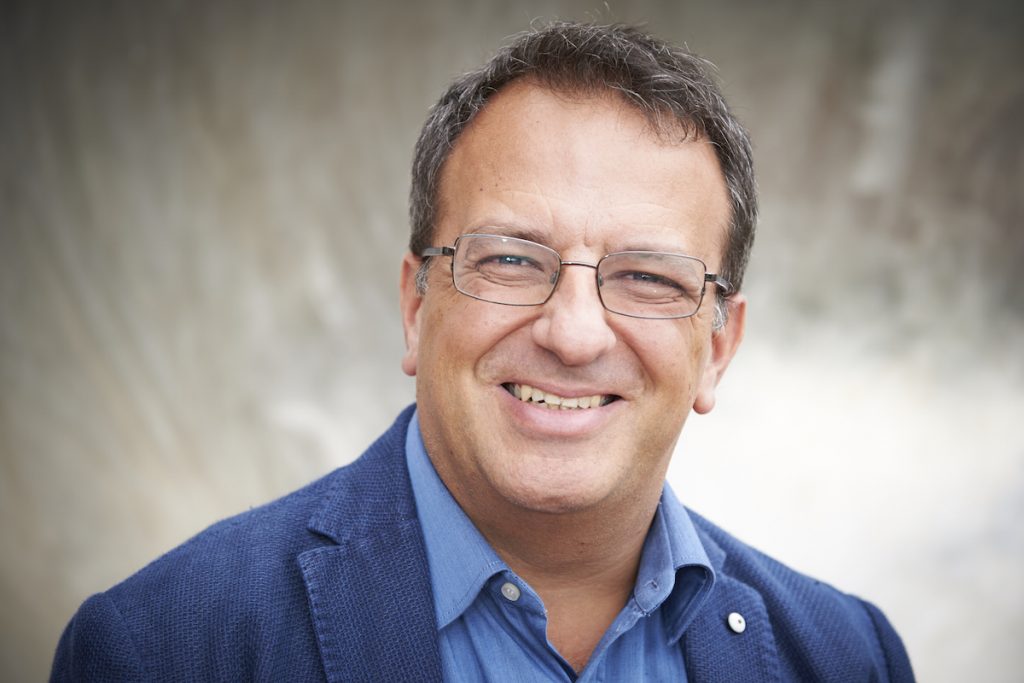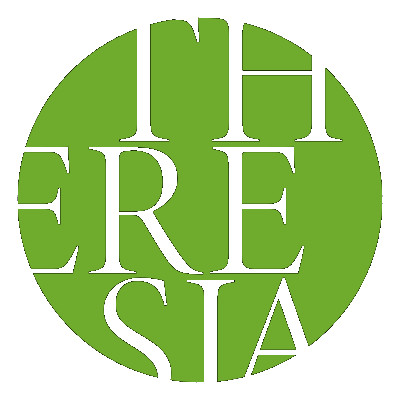
After a long and forced pause, Theresia is back on track. And with a lot on the line. Waiting for the next performances and concerts (19, 20, 22 and 24 August in Innsbruck and 22 and 23 August in Geneva) we have met Artistic Director Mario Martinoli to ask him about what happened during the last months and which are the next projects.
Mario Martinoli, how did Covid affect Theresia’s activity?
Covid-19 affected us as it affected all. But, unlike others, we have not tried to perform at any cost: for instance, we didn’t try to perform using Plexiglass protection shields, or distancing the musicians. This, because any orchestra is a very specific object, with its own dynamics, and there is not an alternative way of doing it. In a violin section, for instance, musicians need to be near, or they won’t be able to thoroughly listen to each other: it becomes a bunch of individuals instead of being a cohesive group.
Initially, we wanted to start again only after the end of the pandemic, but the Green Pass let everybody avoid such restrictions. In addition, in 2020 we missed a series of auditions, and we risked irreparably losing the continuity of our programming. Now we can start again, and it is a positive sign.
Eventually, Covid has provoked both a proactive and resilient response from us: in 2020 we created Concerto Theresia, which is an alumni orchestra, definitely professional, whereas Theresia Orchestra keeps on being formative and professionalizing.
Besides Concerto Theresia, in which other ways does Theresia professionally exploit her talented members?
Unlike the majority of youth orchestras, we do not have senior tutors playing like concertmasters or sections leaders. Instead, we empower young musicians putting them at the forefront. A brilliant example of this is violinist Gemma Longoni, who joined Theresia in 2015 for the Zoroastro Project: she demonstrated such skills and talents that we turned her into concertmaster.
Speaking of young talents, you recently held new auditions: how did they go?
Brilliant. First of all, we were very happy to hold them at Salzburg’s Mozarteum, a new international collaboration to which we attach great importance. Secondly, we received a high number of applications, fifty, and from many different places. Applicants had to submit a video, on the basis of which we choose forty musicians and invited them to the actual auditions. Finally, the auditions themselves were a very intense day, both for us and the musicians. The selection was based on a chamber music rehearsal, on the fly and in front of the commission: this was an excellent way to evaluate individual musical skills but also the musicians’ personality and interactions with colleagues. Also, we interviewed all the candidates, and we could notice that Theresia has a great reputation and that many of them went through a lot of trouble in order to join us.
In your opinion, what do young musicians look for in Theresia?
Theresia is the only youth orchestra where one can perform classical repertoire on period instruments, and interviews showed that this is something very important for all the candidates. In Conservatories all over Europe it is common to study baroque music or ancient music, but classic repertoire has its own specific way to be played, and that needs a specific approach.
Now Theresia is starting to perform again: which are the oncoming projects?
After a long pause, we have two projects happening at the same time! Concerto Theresia is guest of the Ancient Music Festival in Innsbruck: one year ago we were orchestra-in-residence of the International Cesti Competition, now we will perform the opera Boris Goudenow by Johann Mattheson with the winners of last year competition. Orchestra Theresia in the same time will be in Geneva for a project devoted to chamber music repertoire, with Chiara Banchini and Alfredo Bernardini as tutors.
Where is Theresia going to be in five years?
There’s a lot going on: Theresia is already the benchmark for the classical repertoire performance on period instruments. After nine years of focusing on the music written between 1770 and 1790 in 2022 and 2023 we will expand our horizons performing the first Symphonies by Beethoven. We may move the limit of our repertoire to 1820: after this year massive changes in building wind instrument happened, so it is a rigid boundary for us. And, there are still unexplored areas, like French music of late XVIII century.
We are going to work with new conductors too: besides Alfredo Bernardini, who is our main conductor and a sort of “mentor” who enthusiastically embraced the project, and Chiara Banchini, who will focus on string chamber music projects, in the next two years we are going to work with Vanni Moretto, Giovanni Antonini and Fabio Ciofini. We are looking forward to these new collaborations.
Theresia is a project entirely supported by ICONS, which deals with scientific research and communications: how is the musical project related with the main focus of the organisation?
Theresia is a very special and philanthropic project. In this way, it is a practical expression of the values at the very heart of ICONS. It has a very ethical basis and is focused on human capital development. Moreover, communication is more a matter of culture that of technology, so we can proudly say that the common denominator of all these activities is culture, serving society and its improvement.


